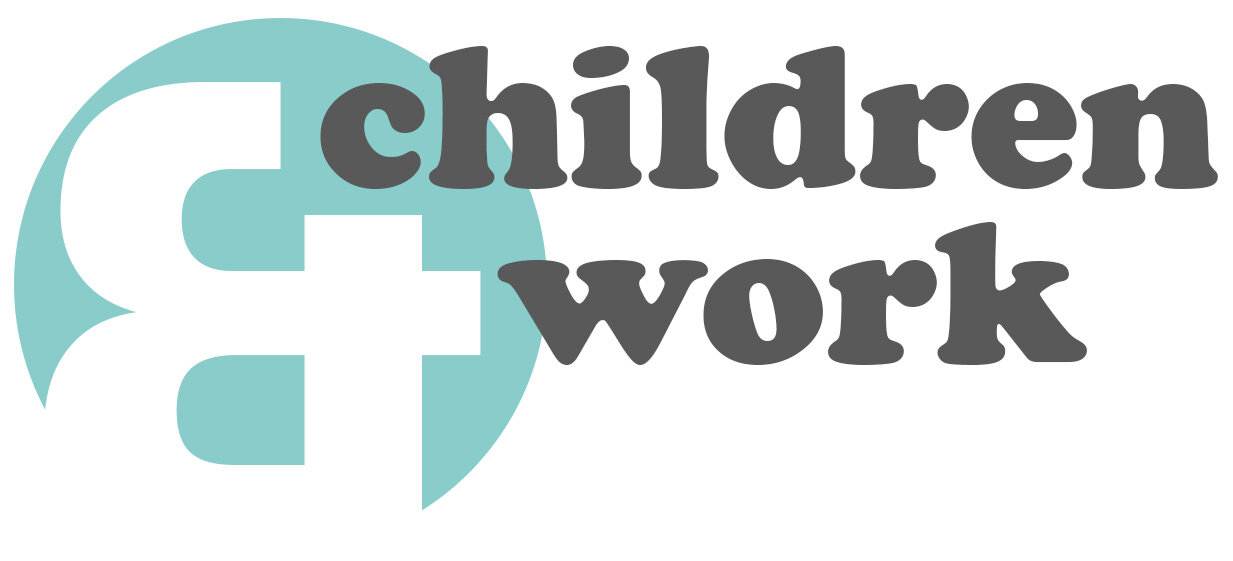Microfinance - a positive way of helping working children
Faisa and Heba were two teenage sisters from Upper Egypt who had been helping their mother with a home bakery business since they were 10 years old. Their mother, Om Heba, baked bread in a traditional oven and the girls sold the fresh bread to their neighbours along the local street before heading off to school. The home bakery helped support the family and provided the extra income to cover the costs of schooling and other needs for both of the girls as well as their younger brother. But the family still struggled and when the opportunity to expand the business came along Faise, Heba and their mother felt this would be a good idea.
A local microfinance institution EACID (Egyptian Association for Community Initiatives and Development) had begun to operate in their area and was able to provide a loan that allowed the family to increase their production. With more working capital available they were able to earn more income but Faisa and Heba found they had to work longer and travel further from their home to sell the extra bread. With the extra work they were starting to have trouble getting to school on time. The girls and their mother realized they would have to make some difficult decisions. Would one or both of the girls have to drop out of school and work full time with the bakery or should they go back to their earlier production levels and try to make do with less income? Faisa had started to take part in the new PPIC-Work (Promoting and Protecting the Interests of Children who Work) program that EACID was operating and thought that the loan officer might be able to help.
As part of their interest in improving the social impact of their programs, EACID had carried out a survey of their client businesses to learn more about the impact of their loans. They found that about half of the businesses employed children, some as young as 6 years of age. Although most of the children were attending school, EACID still had concerns and wanted to make sure that if children did work, their work would be safe and they would be able to continue their education. A separate international study carried out by the Canadian International Development Agency had found that EACID’s situation was not unique and that it was common for children to work in the informal sector businesses that were the typical clients of microfinance programs. In many instances as credit became available, children like Faisa and Heba were drawn further into family businesses to provide the additional labour that allowed the business to grow.
Following Faisa’s request EACID’s loan officer met with the family to learn more about their situation and discuss possible solutions. EACID had developed several types of interventions to support working children, including helping children learn about their rights and about gender equality. EACID also trained loan officers about occupational safety and health so they could help make children’s work safer. A key element of EACID’s interventions was the dual purpose loan program that provided additional loans that went beyond helping the business and provided specific financial support to improve children’s working conditions and learning opportunities. Together with the loan officer, the girls and their mother came up with the idea that by expanding the business further they could sell their bread through local shops rather that the general public. They would need to increase their production still further and ensure consistent quality but this would actually reduce the time required for Faisa and Heba to sell the bread. The loan officer helped them meet with several shop owners, learn about the shop keepers’ requirements and then identify a modern oven that would provide them with the required production capacity. Having established a good credit history with EACID, Om Heba was able to secure the loan and set up the expanded business. Faisa and Heba now spend less time with the sale of bread and have sufficient time for school and homework. The family’s income has continued to grow and they are beginning to move out of poverty. Faisa and Heba are planning on finishing secondary school and going on to post-secondary education. Their younger brother will follow in their footsteps.
Policy Challenges
Laws that make the work of young children illegal mean that microfinance institutions like EACID are unlikely to recognize that children do work in their client businesses (globally there are over 150 million active microfinance clients) and even less likely to develop the types of supportive programs that can protect children while still helping families move out of poverty.
Policy Recommendations
Instead of being criminalized, the work of children should be recognized. Positive, supportive programs protecting the interests of working children can then be developed and implemented. Microfinance institutions are well-placed to play a significant role in carrying out such programming.
Resources
This example was provided by Richard Carothers, who was the director of the PPIC-Work project. Information is available here; and through the publication “Recognizing and supporting working children through microfinance programming”, which can be downloaded here.
The study “Impacts of Microfinance Initiatives on Children” is available here.


